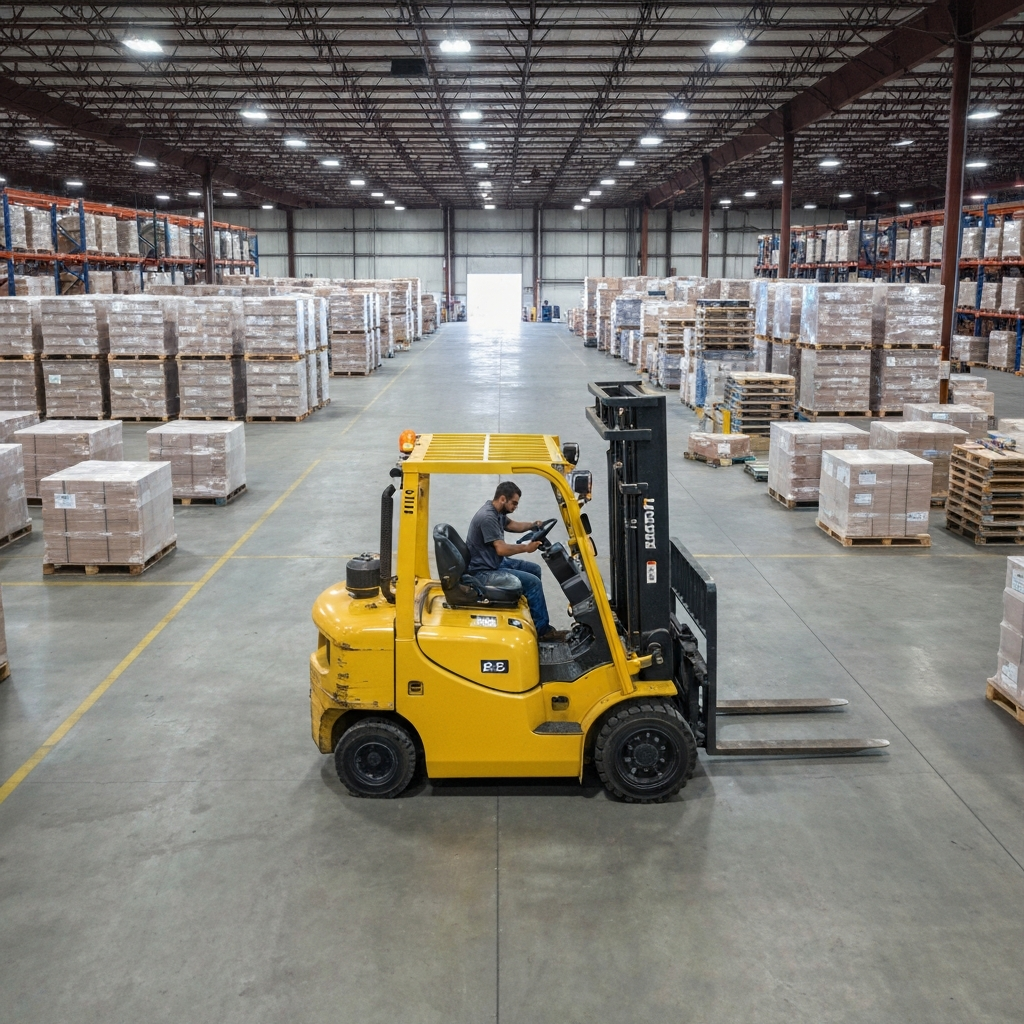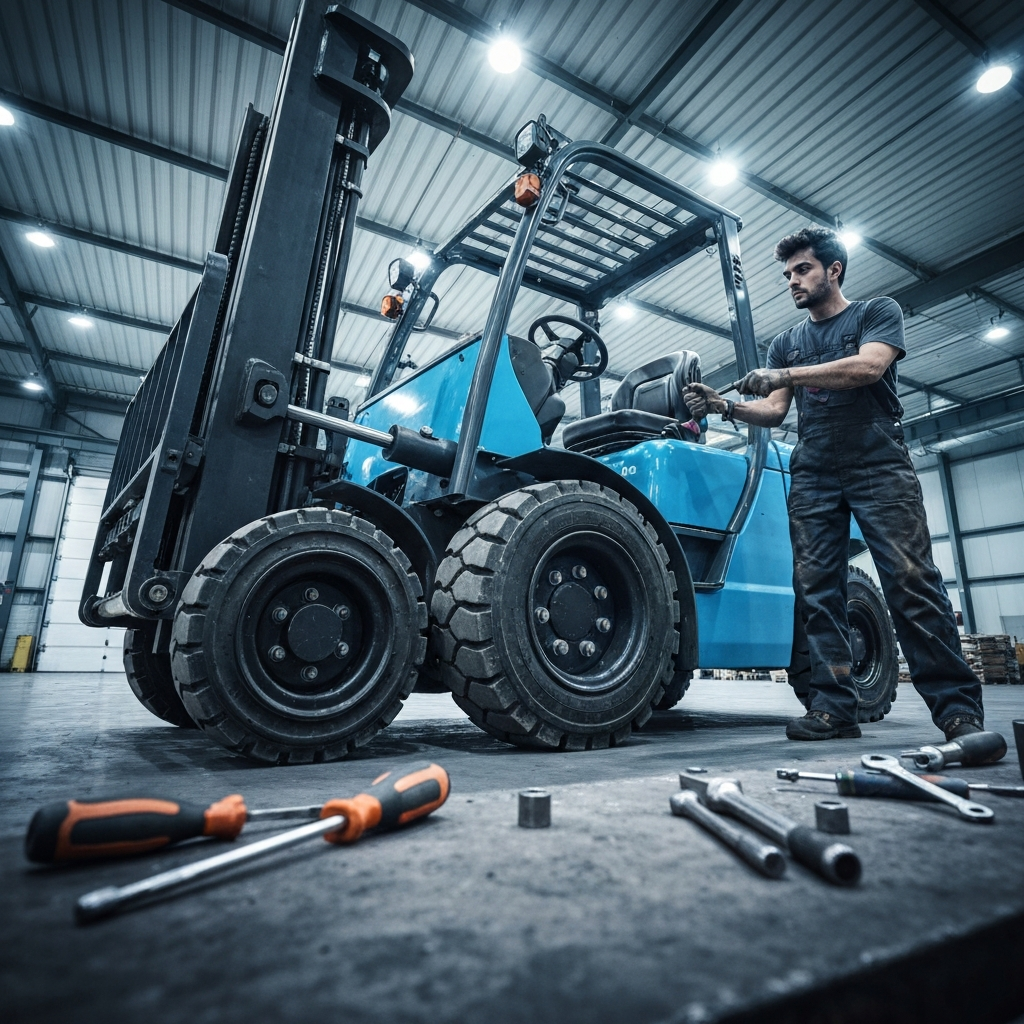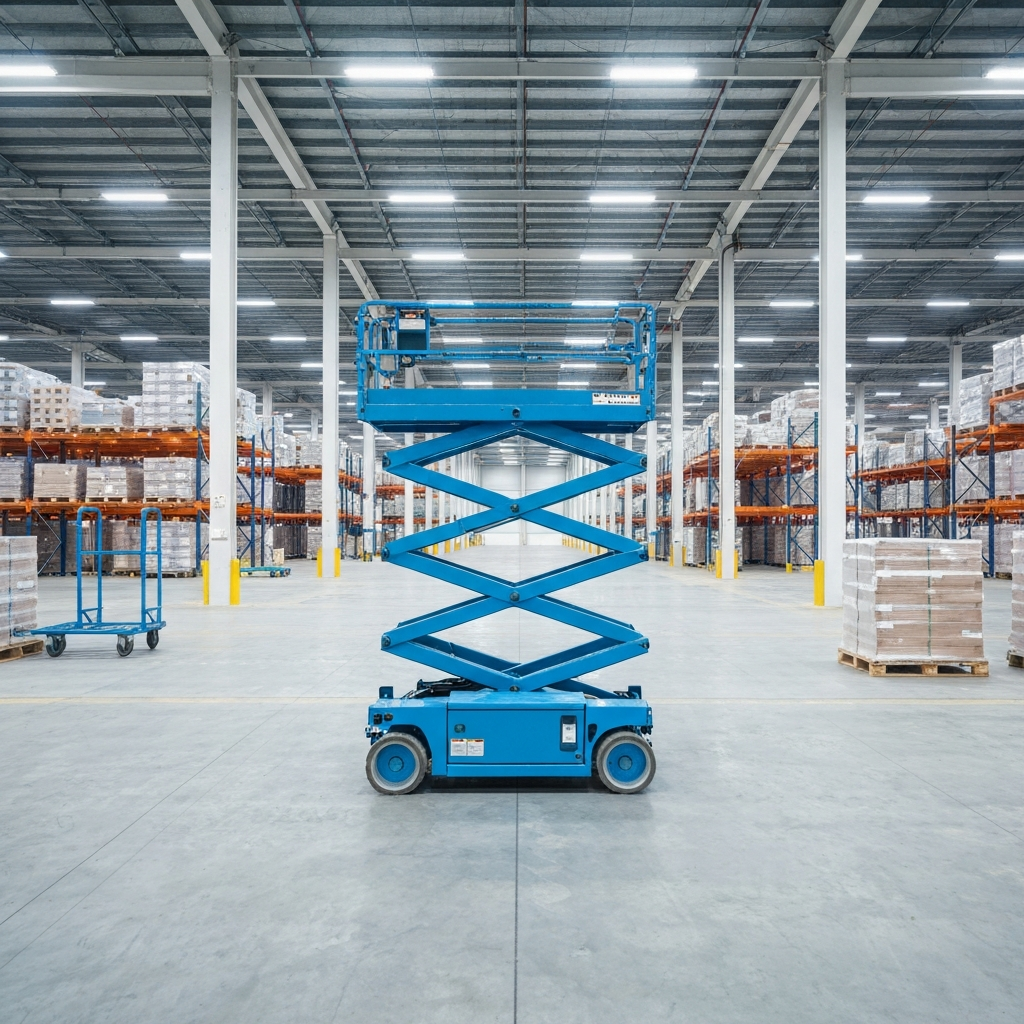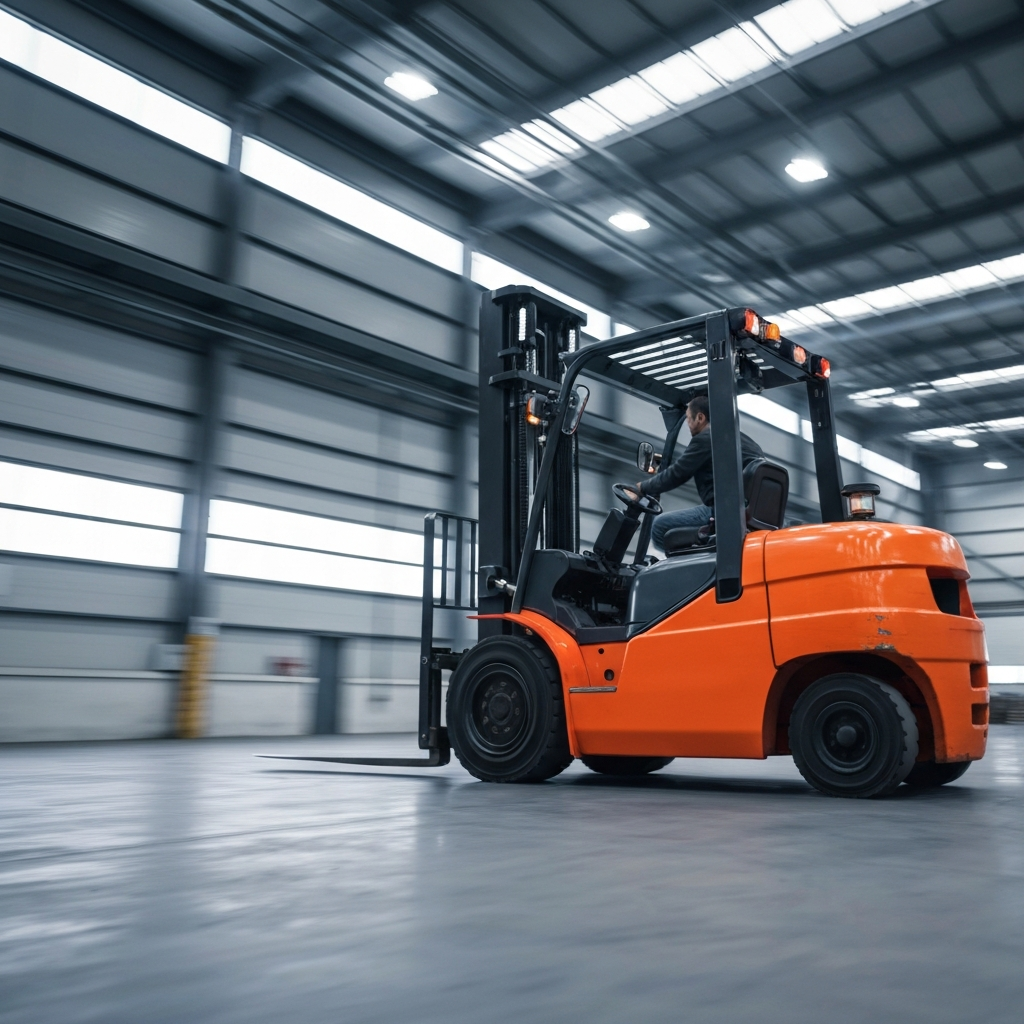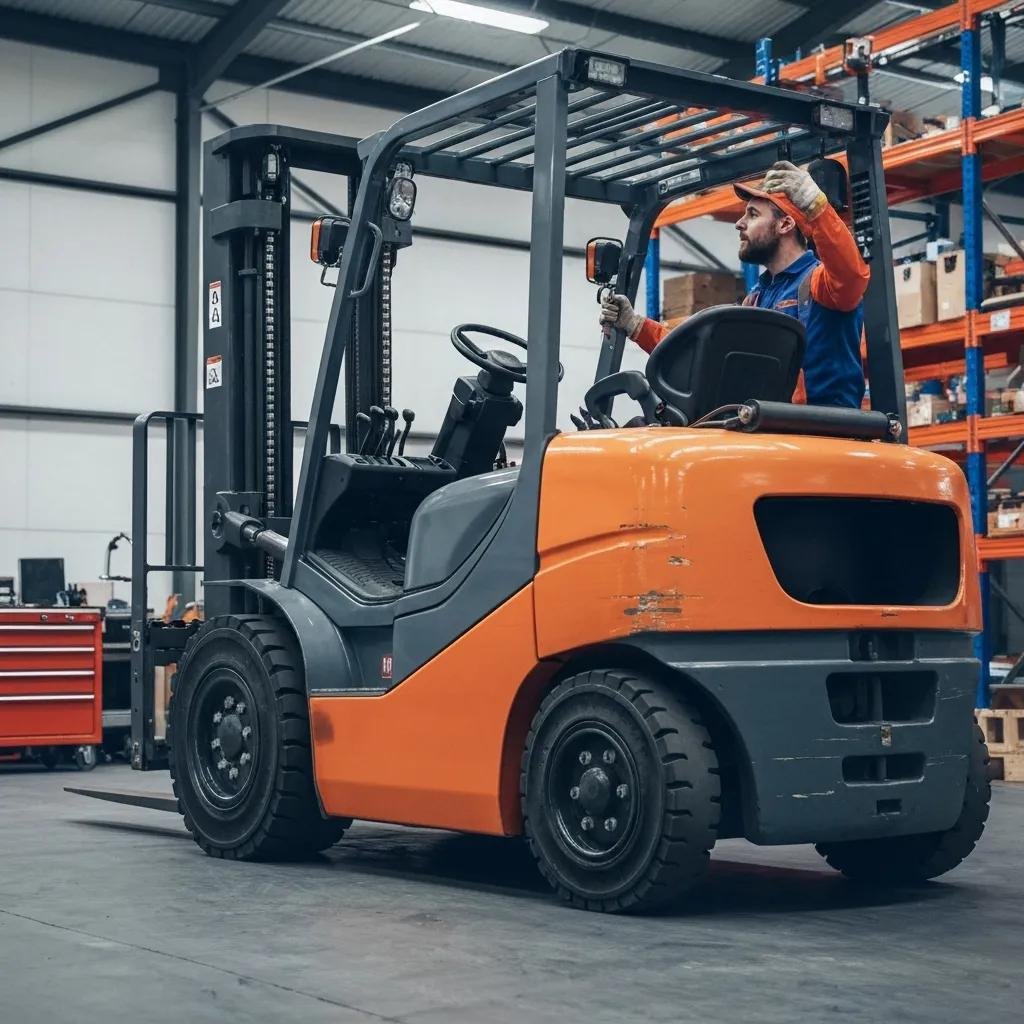Forklift Safety Regulations and Best Practices
Maintaining a safe and compliant forklift operation is crucial for any business in the construction industry. This section will cover the key safety regulations governing forklift use, including operator training, equipment inspections, and traffic management protocols.
By adhering to industry-standard safety practices, businesses can protect their workers, reduce the risk of accidents, and ensure seamless material handling operations. We'll explore real-world examples and provide actionable tips to help you establish a robust forklift safety program.
Forklift Maintenance and Troubleshooting
Proactive maintenance is the cornerstone of a reliable forklift fleet. In this section, we'll discuss the essential maintenance procedures, such as scheduled inspections, component replacements, and fluid changes, that can help extend the lifespan of your forklifts and minimize costly downtime.
Additionally, we'll delve into common forklift issues and provide troubleshooting guidance to help your in-house technicians diagnose and resolve problems quickly. By implementing a comprehensive maintenance program, you can ensure your forklifts are always ready to handle the demands of your construction projects.
Navigating the Texas Construction Boom
The construction industry in Texas has experienced a significant surge in recent years, driven by population growth, infrastructure development, and a thriving economy. This section will explore the key factors contributing to the construction boom and how businesses can adapt their forklift operations to meet the increasing demand.
We'll examine industry trends, analyze market data, and provide insights on how to optimize your forklift fleet to capitalize on the growth opportunities in the Texas construction sector. By staying informed and proactive, you can position your business for success in this dynamic and rapidly evolving landscape.
Preparing for Hurricane Season: Forklift Readiness
The Texas Gulf Coast is no stranger to the devastating impact of hurricanes, and forklift operators must be prepared to face the unique challenges posed by these natural disasters. In this section, we'll discuss the steps businesses can take to ensure their forklift fleets are ready to withstand the effects of severe weather, from pre-storm inspections to emergency response protocols.
By implementing a comprehensive hurricane preparedness plan, you can safeguard your equipment, protect your workers, and maintain business continuity even in the face of extreme weather events. We'll provide practical recommendations and case studies to help you develop a resilient forklift operation that can weather any storm.

